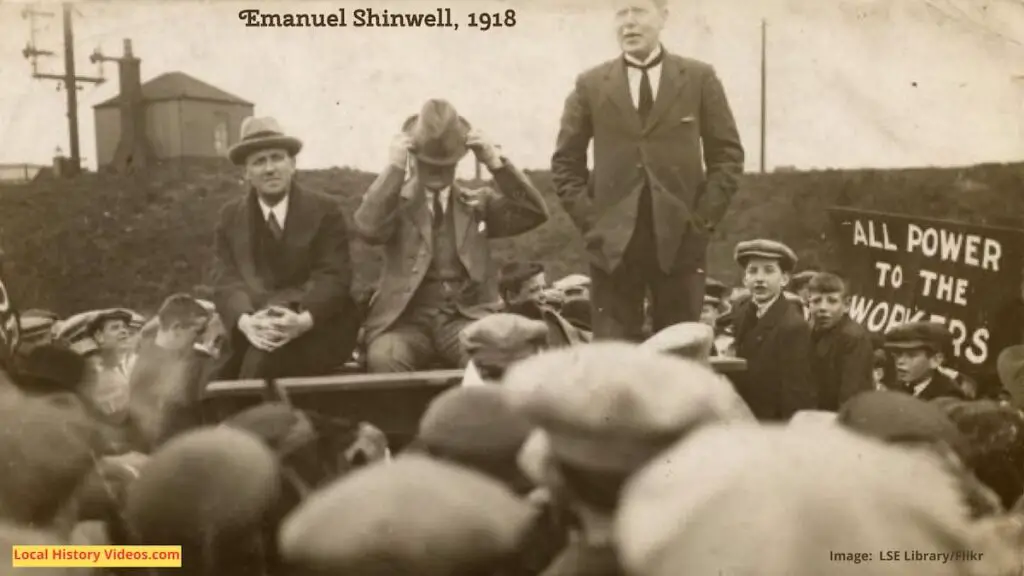William Scott, Lord Stowell, was born during a Jacobite emergency in Newcastle, but rose to great heights in Oxford and London.
He’s little remembered today, even by those who enjoy a delicious Chinese meal or meet up for drinks at the iconic Rosie’s bar on Newcastle’s Stowell Street.
The extract below about William Scott, Lord Stowell, is from an 1885 book called History, topography, and directory of Northumberland, comprising a general survey of the county, and a history of the town and county of Newcastle-upon-Tyne, with separate historical, statistical, and descriptive sketches of the boroughs of Gateshead and Berwick-upon-Tweed, and all the towns … wards, and manors. To which is subjoined a list of the seats of the nobility and gentry, which was published by William Whellan & Co, in the section about eminent men of Newcastle upon Tyne.
And in case you’re wondering what the alarm in Newcastle was in 1745….the second Jacobite rising in favour of the Young Pretender, Bonnie Prince Charlie, meant a Scottish army had crossed the border and was on the way. To deter an attack, Newcastle prepared by strengthening the town walls, blocking up most of the city gates, deploying 200 canon, arresting Jacobite supporters, inducting 800 volunteers into the local militia, and billeting 20,000 regulars on the Town Moor.
This was not a good time for a young woman to give birth, although her son William would grow up to become Lord Stowell, and her son John became the Earl of Eldon and Lord Chancellor of England.
William Scott, Lord Stowell, was born on the 17th of October, 1745, old style, at Heworth, in the county of Durham.
His mother was Jane, daughter of Mr. Henry Atkinson, hostman, and his father William Scott, a substantial coal-fitter and merchant, residing in Love Lane, Newcastle.
Owing to the rebellion that broke out in 1745, and the alarm then prevalent in Newcastle, which had been fortified against the pretender, his mother, when in an advanced state of pregnancy, was lowered in a basket from the town wall, into a boat which lay in waiting to convey her to Heworth, on the southern shore of the Tyne, where William, the future Lord Stowell, was born shortly afterwards.
Mr. Twiss, however, gives two stories, which have been current on this subject; and though the above is the more romantic and more popularly-believed version, he accepts one, in which the contents of the basket are said to have been — not the lady, but the medical practitioner who was to attend her at Heworth.
In consequence of this, Newcastle was deprived of the honour of being his birth-place, yet otherwise the circumstance was productive of good; it rendered him eligible when at Oxford for a Durham scholarship, and that was the stepping-stone to his further honours.
He received his early education at the Grammar School of Newcastle, then under the able tuition of the Rev. Hugh Moises, a gentleman of high classical attainments, as well as possessed of the happy art of gaining the affections of his scholars.
To the advice of this excellent man both Lord Stowell and Lord Eldon were indebted for being sent to Oxford.
In 1761, William Scott was matriculated at that University, having gained a Durham scholarship at Corpus Christi College, and in November 1764, he took the degree of B.A.
In the following month he was elected Probationary Fellow of University College, and at the age of twenty was appointed college tutor.
In 1767 he took his Masters degree, and in 1772, he became B.C.L., having determmed to follow the Civil Law as a profession.
In the year 1774 he was elected Camden Reader of Ancient History, vacant by the death of Mr. Warneford, and “never,” says a writer in the Law Magazine, “were the duties of the pro- fessorship so ably filled since its first institution in 1662.
His lectures are said to have been attended by the largest concourse of academics ever known, who were equally delighted with the classical eloquence of his style, the admirable arrangement of his subject, and the luminous information conveyed by him.
In these particulars they successfully competed with the course of lectures dehvered by the Vinerian Professor, Blackstone, which they equalled in popularity.”
In 1776, Scott withdrew from the arduous duties of tutor and devoted himself more particularly to those studies which were happily blended with the enquiries of the professor.
Until 1779 he remained at Oxford, but in that year he took the degree of D.C.L., and enrolled himself a member of the College of Doctors at Law practising in the Ecclesiastical and Admiralty Courts.
Shortly after his first settling in the metropolis he became enrolled amongst the wits, in an age that could boast of Dr. Johnson, Sir William Jones, and Sir Joshua Reynolds.
In 1783, he was appointed Registrar of the Court of Faculties, and in 1788 he was selected by the Bishop of London, to be judge of the Consistory Court.
In the same year he was advanced to the office of Advocate General, and received the honour of knighthood, he was chosen Master of the Faculties in 1790, and in 1798 was created Judge of the High Court of Admiralty.
On the coronation of George IV., Sir W. Scott was raised to the peerage by the title of Baron Stowell, and in 1828 he retired into the calm seclusion of private life.
He died at Early Court, in Berkshire, on Thursday the 96th of January, 1836, in the 91st year of his age.



